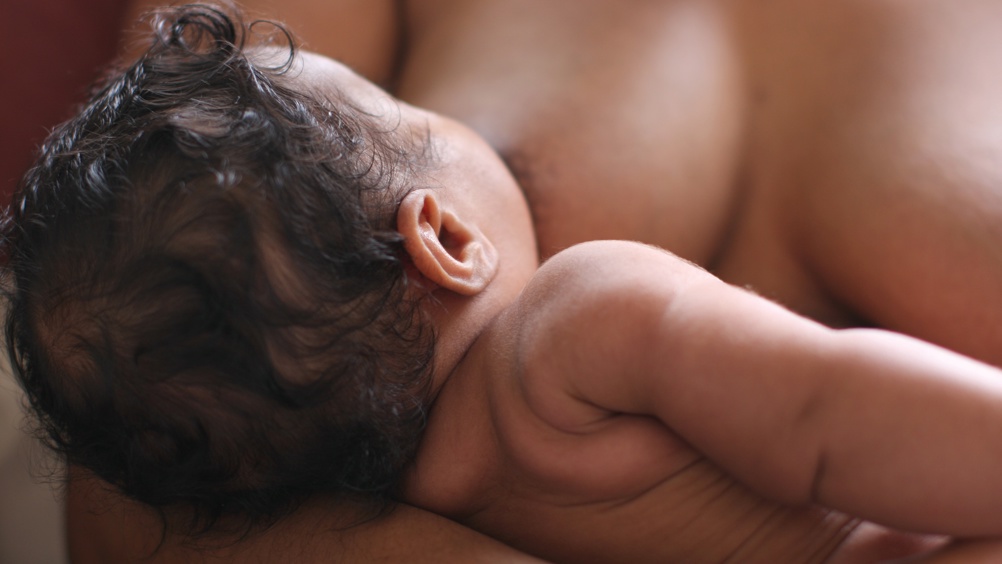References
Investigating the effect of training on health behaviours of breastfeeding mothers in Iran

Abstract
Aim
This article aims to investigate the effect of training based on Pender's model on health promotion behaviours in breastfeeding mothers.
Methodology
In this quasi-experimental interventional study, 97 breastfeeding mothers referred to Fasa clinics were randomly studied in two case (n=48) and control (n=49) groups. To collect data, Walker et al's health promotion lifestyle questionnaire, including 52 questions, was used. After distributing the questionnaires in the first stage, the case group received five sessions of training. Data analysis was performed using SPSS20 software and independent t-test and paired t-test.
Results
According to the results, the highest and lowest scores were related to the areas of spiritual growth (23.29±6.16 before training and 24.65±6.56 after training) and interpersonal relationships (4.70±1.57 before training and 1.57±1.76 after training), respectively. In all six areas, a significant increase was found in scores after the training in the case group or between the case and control groups.
Conclusion
With this small sample and just one month training, the researchers demonstrated that it is possible to make changes in all areas of health. This can not only have an immediate effect but also a ‘snowball effect’ down the generations, through mother-children transfer, as well as mother-to-other family members transfer.
New health paradigms suggest that being healthy depends on a number of factors. These can be social factors, awareness, and even personality traits. Similarly, quality of life includes all aspects of life, such as health. It can be, therefore, inferred that health promotion behaviours have positive effects on quality of life, and that people with healthy behaviours are generally healthier and will experience lower disease burden and disability (Hasheminasab, 2016). According to Pender's theory, health promotion behaviours refer to any action taken to increase or maintain the health or self-actualisation of an individual or group.
Health promotion behaviour indicates a person's desire for excellence, which leads to optimal wellbeing, individual development, and creative life. It is a multidimensional model of voluntary actions and perception leading to maintaining and enhancing the level of health, self-actualisation and success (Hosseini et al, 2013; Edrisi et al, 2013). Also, based on Walker's point of view, the health promotion model is a multidimensional model of self-efficacy, maintaining or improving the level of wellbeing and complete self-actualisation of individuals, so behaviours promoting the mental and social health and wellbeing of individuals are important determinants of health status (Mazloomi Mahmoodabad et al, 2013).
Register now to continue reading
Thank you for visiting British Journal of Midwifery and reading some of our peer-reviewed resources for midwives. To read more, please register today. You’ll enjoy the following great benefits:
What's included
-
Limited access to our clinical or professional articles
-
New content and clinical newsletter updates each month

